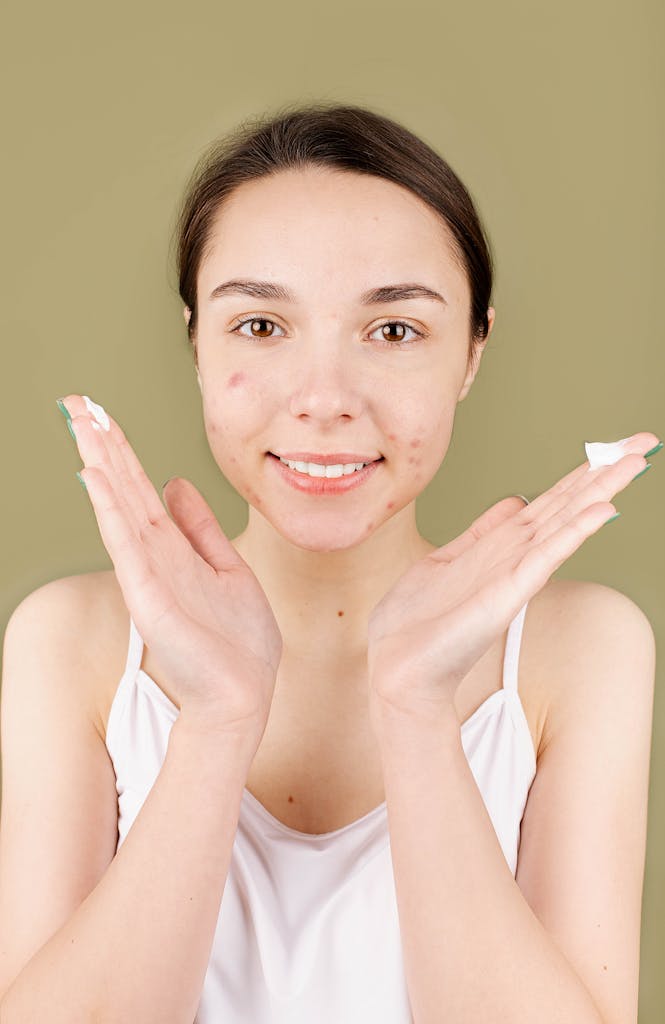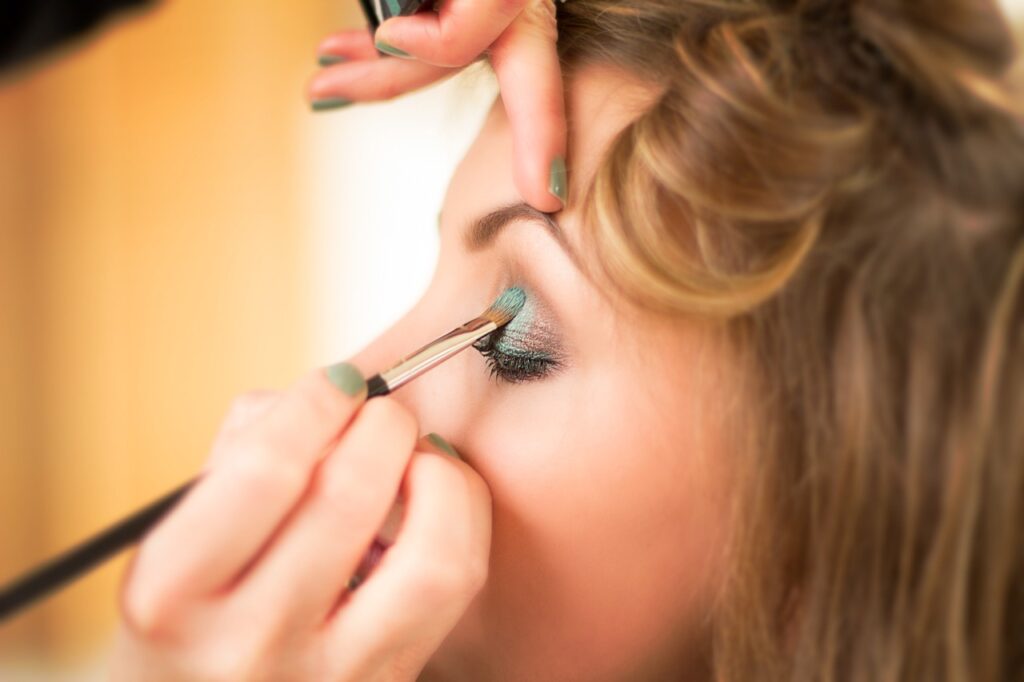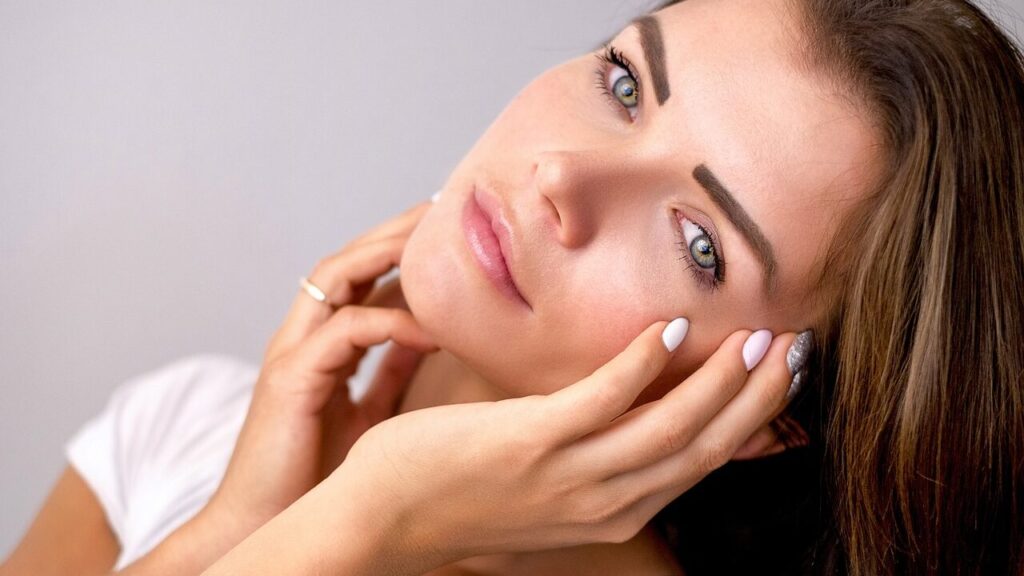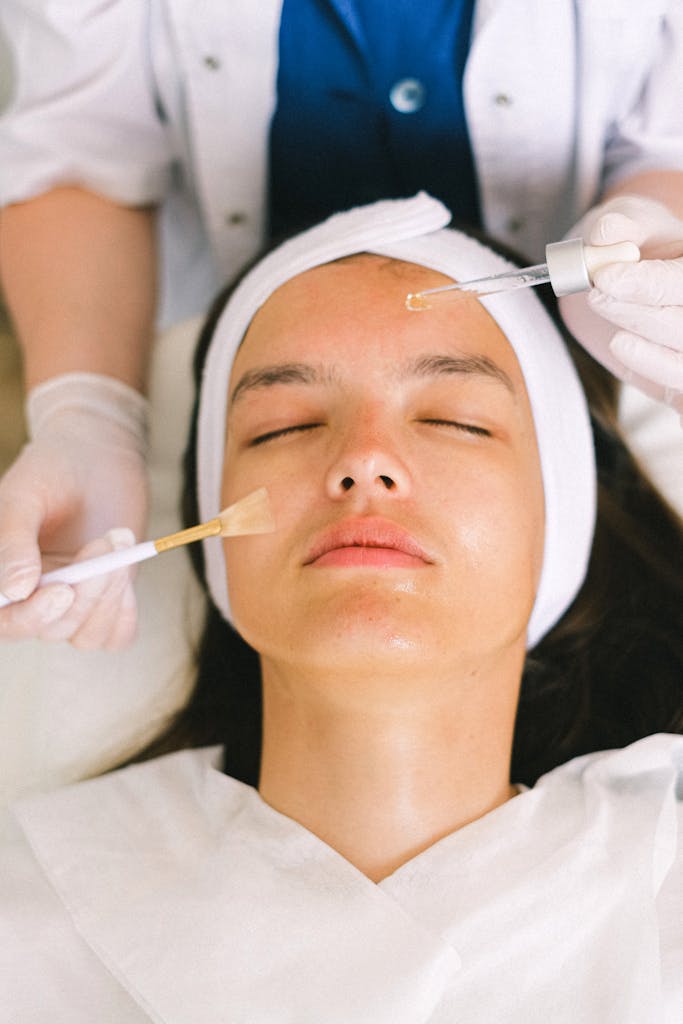Skin care is more than a vanity pursuit. It’s a vital part of overall health and well-being.
Understanding the basics of skin care can be a daunting task. With a myriad of products, routines, and advice available, it’s easy to feel overwhelmed.
This article aims to demystify the world of skin care. We delve into the science behind healthy skin and the importance of a daily regimen.
We’ll guide you through the steps of a comprehensive skincare routine. From morning rituals to evening practices, we’ll cover it all.
Whether you’re a novice or a seasoned skincare enthusiast, this article will provide valuable insights. Let’s embark on this journey towards achieving radiant, healthy skin.
The Essence of Basic Skin Care
Basic skin care is the foundation of a radiant complexion. It’s about understanding your skin and providing it with the care it needs.
The skin is our body’s largest organ. It serves as a protective barrier against environmental aggressors. It also plays a crucial role in regulating body temperature and sensing external stimuli.
A well-rounded skincare routine aims to support these functions. It helps maintain the skin’s health and resilience. It also addresses specific concerns like acne, dryness, or signs of aging.
However, effective skin care goes beyond topical treatments. It’s a holistic approach that considers lifestyle factors, diet, and hydration.
In essence, basic skin care is a commitment to nurturing your skin. It’s about making informed choices that promote skin health and longevity.
Understanding Your Skin: Types and Conditions
To establish an effective skincare routine, you must first understand your skin. This involves recognizing your skin type and being aware of any conditions that may affect it.
Skin types are generally categorized into five types:
- Normal
- Dry
- Oily
- Combination
- Sensitive
Each skin type has unique characteristics and needs. For instance, dry skin may require more hydration, while oily skin may benefit from oil-free products.
Skin conditions, such as acne, rosacea, or eczema, can also influence your skincare choices. These conditions often require targeted treatments and a gentle approach to skin care.
Understanding your skin is the first step towards a tailored skincare routine. It allows you to choose products and practices that will effectively nurture your skin.
The Daily Regimen: Morning Rituals
A morning skincare routine sets the tone for the day. It prepares your skin to face environmental stressors like pollution and UV rays.
The key steps in a morning routine are cleansing, hydrating, and protecting. Each step plays a crucial role in maintaining the health and appearance of your skin.
Let’s delve into each of these steps in more detail.
Cleansing: The First Step to a Radiant Complexion
Cleansing is the cornerstone of any skincare routine. It removes dirt, oil, and impurities that have accumulated on your skin overnight.
A gentle, pH-balanced cleanser is ideal for most skin types. It cleans without stripping the skin of its natural oils, maintaining the skin’s barrier function.
Hydration and Nutrition: Moisturizing and Antioxidants
After cleansing, it’s time to hydrate and nourish your skin. A good moisturizer replenishes the skin’s moisture levels, keeping it plump and healthy.
Incorporating antioxidants, like vitamin C, in your morning routine can also be beneficial. They protect the skin from free radical damage, promoting a brighter, more youthful complexion.
Sun Protection: The Shield Against Premature Aging
The final step in your morning routine should be sun protection. Sunscreen is a non-negotiable part of skincare, regardless of your skin type or the weather.
Regular use of a broad-spectrum sunscreen can prevent premature aging and reduce the risk of skin cancer. It truly is the best anti-aging product you can invest in.
The Daily Regimen: Evening Practices
An evening skincare routine is all about repair and regeneration. It’s the time to treat your skin and prepare it for the restorative process that occurs during sleep.
The steps in an evening routine are similar to those in the morning, with a few key differences. The focus shifts from protection to deep cleansing and nourishment.
Let’s explore these steps in more detail.
The Double Cleanse: Ensuring a Pristine Skin Surface
The double cleanse method is a staple in many evening routines. It involves using two different types of cleansers to thoroughly remove makeup, sunscreen, and impurities.
The first cleanse, typically with an oil-based product, dissolves oil-based debris. The second cleanse, usually with a water-based cleanser, removes any remaining dirt and cleanses the skin.
Repair and Regenerate: Serums and Retinoids
Evening is the perfect time to apply potent active ingredients like serums and retinoids. These products work at a cellular level to repair damage and stimulate cell turnover.
Serums are concentrated formulas that target specific skin concerns. Retinoids, on the other hand, are vitamin A derivatives known for their anti-aging and acne-fighting properties.
Locking in Moisture: Night Creams and Eye Care
The final steps in your evening routine should be moisturizing and eye care. A richer night cream can provide intense hydration and aid in skin repair.
Eye creams, specifically formulated for the delicate skin around the eyes, can address concerns like dark circles, puffiness, and fine lines. Consistent use can lead to a more rested and youthful appearance.
The Role of Exfoliation in Your Skincare Routine
Exfoliation is a crucial step in any skincare routine. It involves the removal of dead skin cells from the surface, revealing a brighter, smoother complexion underneath.
However, it’s important to exfoliate responsibly. Over-exfoliation can damage the skin’s barrier, leading to dryness, irritation, and increased sensitivity. It’s generally recommended to exfoliate 1-2 times per week, depending on your skin type and tolerance.
Addressing Specific Concerns: Tailored Treatments
A one-size-fits-all approach to skincare is rarely effective. Each individual has unique skin concerns that require tailored treatments. Understanding these concerns is key to developing an effective skincare routine.
Acne and Oil Control: Balancing the Skin
For those dealing with acne and oily skin, balance is crucial. Over-drying the skin can lead to increased oil production, exacerbating acne. It’s important to use non-comedogenic products that control oil without stripping the skin.
Sensitivity and Redness: Gentle Care Strategies
Sensitive skin requires a gentle approach. Avoid harsh chemicals and irritants. Opt for hypoallergenic products that soothe and calm the skin, reducing redness and inflammation.
Anti-Aging: Prevention and Maintenance
Anti-aging skincare is about prevention and maintenance. Incorporate products with antioxidants, peptides, and retinoids into your routine. These ingredients help to stimulate collagen production, reduce wrinkles, and maintain skin elasticity.
The Impact of Lifestyle on Skin Health
Lifestyle factors significantly influence skin health. Habits such as smoking and excessive alcohol consumption can accelerate skin aging. They deplete the skin of essential nutrients, leading to dullness and wrinkles.
Sleep and stress also play a crucial role. Lack of sleep and high stress levels can trigger skin issues like acne and eczema. It’s essential to prioritize good sleep hygiene and stress management for healthy skin.
Diet and hydration are equally important. Consuming a balanced diet rich in antioxidants and staying well-hydrated can improve skin texture and appearance. Remember, what you put into your body reflects on your skin.
Decoding Product Labels: Ingredients and Claims
Understanding product labels is a crucial aspect of basic skin care. It’s not just about the brand or the price. The ingredients and their concentration matter significantly.
Look for active ingredients that target your specific skin concerns. For instance, retinoids are beneficial for anti-aging, while salicylic acid helps with acne. Be wary of potential irritants, especially if you have sensitive skin.
Also, be cautious about marketing claims. Terms like “natural” or “organic” are not always regulated. Always research a product thoroughly before incorporating it into your skincare routine.
Conclusion: Embracing a Holistic Approach to Skin Care
In conclusion, basic skin care is not just about products and routines. It’s a holistic approach that includes lifestyle, diet, and mental well-being.
Remember, consistency is key in skincare. Patience and discipline will lead to visible results over time. Embrace the journey towards healthier skin as a form of self-care and self-love.






